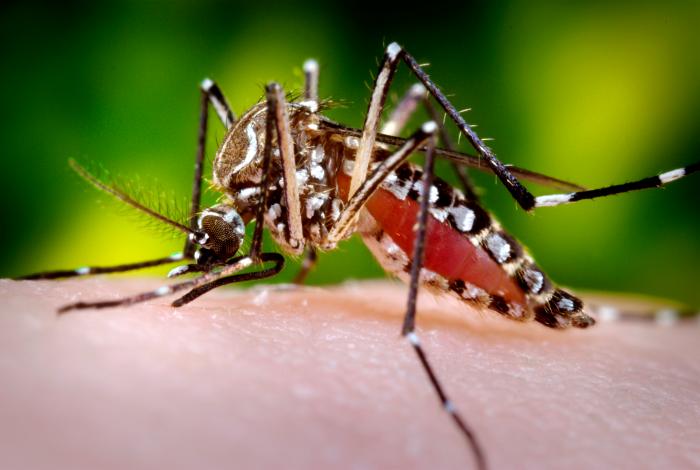Kansas state health officials received confirmation from the Centers for Disease Control and Prevention (CDC) of the first person in the state to test positive for Zika virus. The individual is an adult from southwest Kansas and has travel history to a country with local Zika virus transmission. The person subsequently developed an illness consistent with Zika virus infection and was tested per guidance from CDC and the Kansas Department of Health and Environment (KDHE).

“Kansas is prepared for the Zika virus, and we are working with health care providers across the state to respond to both suspected and confirmed cases,” said Susan Mosier, MD, MBA, FACS, KDHE Secretary and State Health Officer. “I urge everyone who is considering travel to a country with Zika transmission to be aware of the situation and take precautions to protect themselves and prevent mosquito bites.”
More than 200 travel associated Zika virus cases have been reported in 32 states and the District of Columbia.
Zika virus infection typically causes a mild illness in those who develop disease. Approximately 80 percent of those infected never show symptoms of the disease, with 20 percent showing mild symptoms. There is no vaccine to prevent infection and no specific antiviral treatment for Zika virus infection. The most common symptoms include fever, rash, joint pain and red eyes. The best way to prevent Zika virus is to prevent mosquito bites.
Pregnant women can be infected with Zika virus in any trimester and there have been increased cases of microcephaly possibly associated with Zika virus infections. Pregnant women should consider postponing travel to areas where Zika virus transmission is ongoing. Pregnant women who have recently traveled to an area with Zika virus should talk to a health care provider even if they don’t feel sick. CDC and KDHE have guidance to help doctors decide what tests are needed for pregnant women who may have been exposed to Zika virus.
When traveling to countries where Zika virus or other viruses spread by mosquitoes are found, take the following steps:
- Wear long-sleeved shirts and long pants
- Stay in places with air conditioning or that use window and door screens to keep mosquitoes outside
- Sleep under a mosquito bed net if air conditioned or screened rooms are not available or if sleeping outdoors
- Use insect repellents containing an EPA-registered active ingredient on skin and clothing, including DEET, picaridin, oil of lemon eucalyptus, para-menthane-diol or IS 3535.
- If you are using sunscreen, apply sunscreen before applying insect repellent
- Treat clothing and gear with permethrin or purchase permethrin-treated items
Spread of Zika virus has also been reported through sexual contact. Take steps to prevent sexual transmission with proper use of a condom. If a pregnant woman is concerned that her male partner may have or had Zika virus infection, she should talk to her health care provider.
Related:

